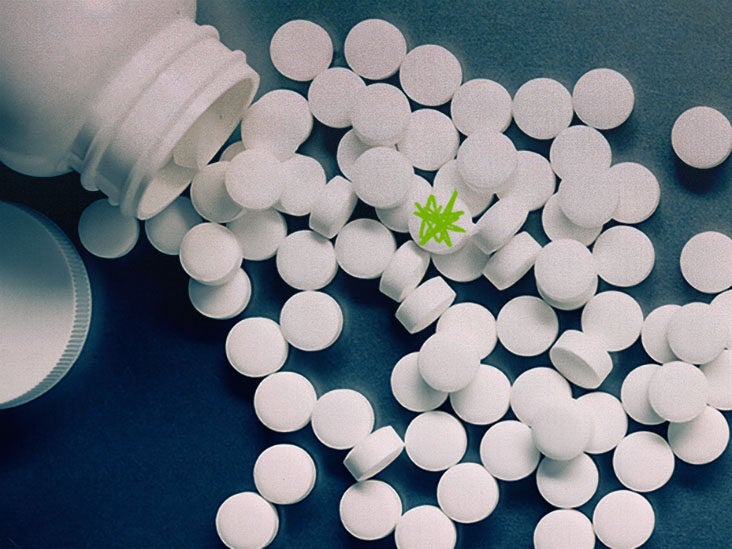What Are The Effects Of Too Much Prednisone: Unveiling Potential Risks
The Bad Of Corticosteroids | Johns Hopkins
Keywords searched by users: What are the effects of too much prednisone prednisone toxicity symptoms, prednisone deltasone side effects, what are the worst side effects of prednisone, prednisone overdose death, what happens if you take too much prednisone, prednisone overdose amount, prednisone overdose symptoms in dogs, deltasone vs prednisone
What Happens If You Take Prednisone Too Often?
What are the potential consequences of frequent prednisone use? Prednisone, a corticosteroid medication, lacks a universally “safe” dosage. When taken regularly, prednisone can elevate the risk of several adverse health outcomes. Over time, its usage has been associated with an increased likelihood of developing cardiovascular disease, osteoporosis, and infections. Furthermore, prednisone may exacerbate pre-existing conditions like diabetes and hypertension (high blood pressure). These concerns highlight the need for cautious and informed use of prednisone in medical treatment. (Note: The date “30th March 2007” appears to be unrelated to the topic and has been omitted for clarity.)
Can Prednisone Damage Your Body?
Can the prolonged use of prednisone result in harmful effects on your body? Indeed, extended usage of prednisone, a commonly prescribed corticosteroid medication, can bring about various side effects that warrant attention. These include:
-
Thinner Bones (Osteoporosis): Prolonged use of prednisone has the potential to weaken bone density, ultimately increasing the risk of osteoporosis. This condition makes bones more fragile and prone to fractures.
-
Poorly Controlled Diabetes: Prednisone can also interfere with blood sugar levels, potentially leading to poorly controlled diabetes. It’s crucial for individuals with diabetes to carefully monitor their glucose levels while on this medication and consult their healthcare providers for appropriate management.
-
Eyesight Problems: In some cases, prednisone use may contribute to eyesight issues. It can cause conditions such as cataracts or glaucoma, which can impact vision. Regular eye check-ups are advisable for individuals taking prednisone long-term to detect and manage any potential eye problems early.
Understanding these potential side effects is essential for individuals considering or currently using prednisone, as it allows for informed decision-making and proactive measures to mitigate these risks. Always consult with a healthcare professional to weigh the benefits and risks of prednisone treatment and explore alternative options if necessary.
Share 19 What are the effects of too much prednisone

:max_bytes(150000):strip_icc()/how-can-i-lose-prednisone-weight-gain-1942985_color2-5b84c99e46e0fb00508c6796.png)




Categories: Summary 66 What Are The Effects Of Too Much Prednisone
See more here: thichnaunuong.com

What happens if I overdose on Prednisone (Deltasone)? High doses or long-term use of prednisone can lead to thinning skin, easy bruising, changes in body fat (especially in your face, neck, back, and waist), increased acne or facial hair, menstrual problems, impotence, or loss of interest in sex.There is no “safe” dose of prednisone. Prednisone over time increases the risk of cardiovascular disease, osteoporosis and infection. It can worsen underlying diabetes and HTN.Taking prednisolone for a long time can lead to side effects such as: thinner bones (osteoporosis) poorly controlled diabetes. eyesight problems.
Learn more about the topic What are the effects of too much prednisone.
- Prednisone (Deltasone) – Side Effects, Interactions, Uses …
- Prednisone, how much is too much – Johns Hopkins Arthritis Center
- Side effects of prednisolone tablets and liquid – NHS
- How and when to take prednisolone tablets and liquid – NHS
- What Are the Long-Term Side Effects of Corticosteroids? – GoodRx
- Prednisone withdrawal: Why taper down slowly? – Mayo Clinic
See more: blog https://thichnaunuong.com/architecture
